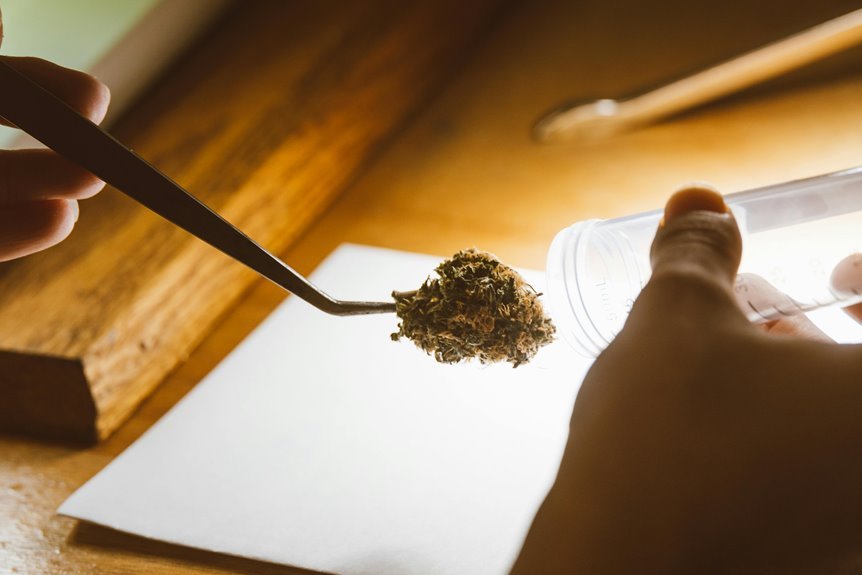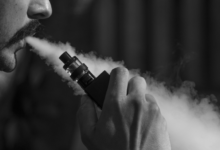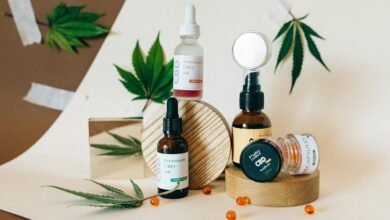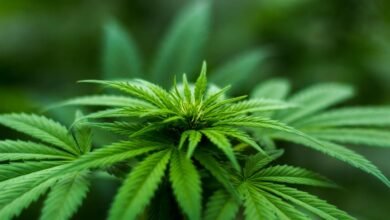Does Cbd Come Out in Drug Test

The question of whether CBD can appear on drug tests is a common concern among users. CBD, or cannabidiol, is distinct from THC, the compound that triggers positive results. However, the presence of trace amounts of THC in some CBD products complicates this issue. Understanding the nuances of these substances and how they interact with drug testing protocols is essential. What factors should consumers consider when selecting CBD products to ensure safety?
Understanding CBD and Its Composition
Cannabidiol, commonly known as CBD, is a compound derived from the cannabis plant, specifically from hemp.
This non-psychoactive substance is celebrated for its potential health benefits, including relief from anxiety and inflammation.
CBD legality varies by region, but many areas permit its use due to its low THC content, allowing individuals to explore its advantages with a sense of freedom and safety.
The Role of THC in Drug Testing
Many individuals are concerned about the presence of THC in drug tests, as this psychoactive compound is the primary target in most screening procedures.
THC effects, including impairment and euphoria, have led employers and organizations to prioritize its detection.
Consequently, those consuming cannabis products must be aware of potential drug testing implications, especially when THC is present alongside CBD, which may complicate results.
Factors That Influence Drug Test Results
Although drug tests primarily target THC, several factors can influence the results, including the type of test administered, the individual's metabolism, and the frequency of cannabis use.
Metabolism effects can vary widely among individuals, leading to differing detection times. Additionally, urine, blood, and hair tests have different sensitivities, further complicating drug testing outcomes.
Understanding these variables is crucial for those concerned about potential results.
Choosing the Right CBD Products for Safety
Choosing CBD products wisely can significantly affect the likelihood of unwanted drug test results.
Consumers should prioritize reputable brands that emphasize transparent cbd product sourcing. It is essential to seek products that display safety certifications, ensuring quality and compliance with regulations.
Conclusion
In conclusion, while CBD itself is unlikely to appear on standard drug tests, the presence of THC in certain products can complicate matters. Consumers must tread carefully, choosing high-quality, third-party tested options to ensure safety. By navigating the landscape of CBD with informed choices, individuals can avoid the shadow of a positive drug test, allowing them to enjoy the potential benefits of CBD without fear. Awareness and diligence are essential in this evolving field.






